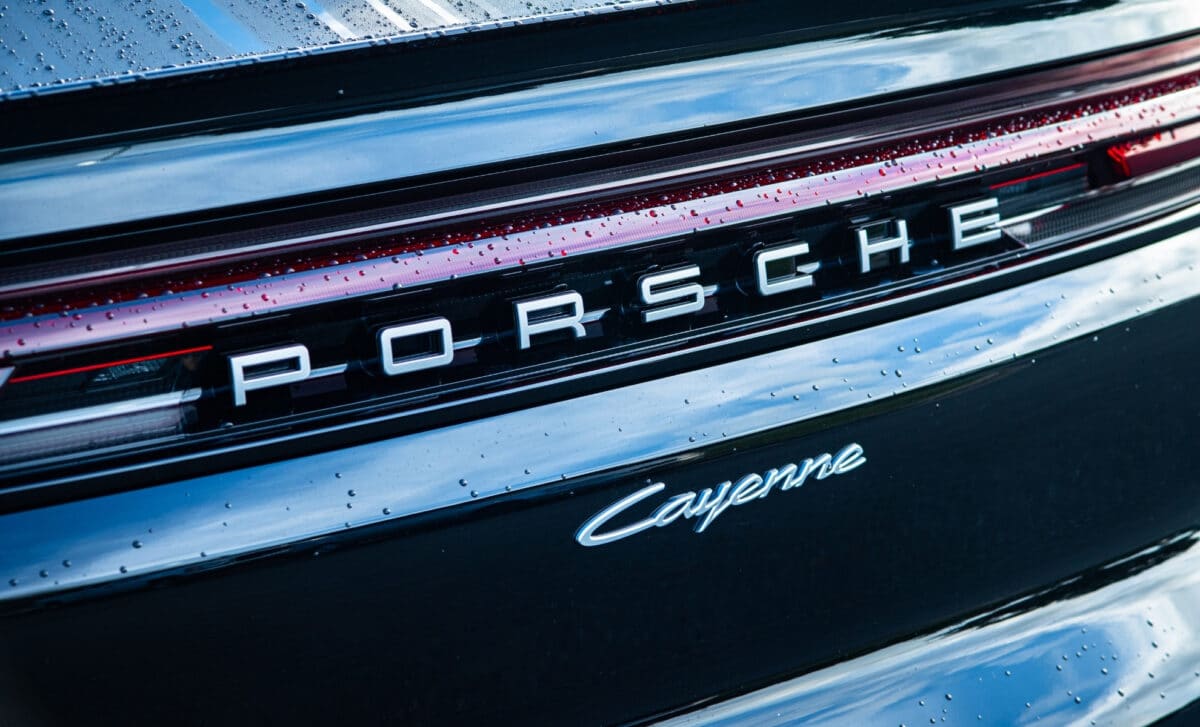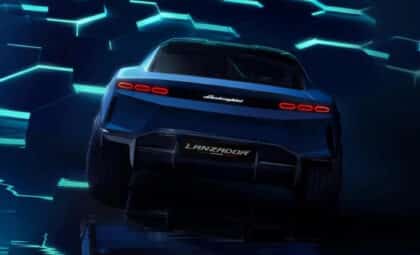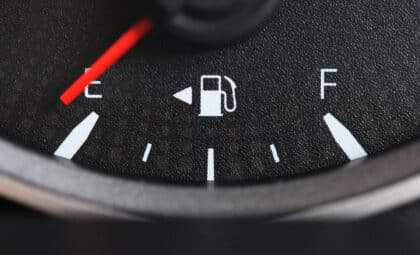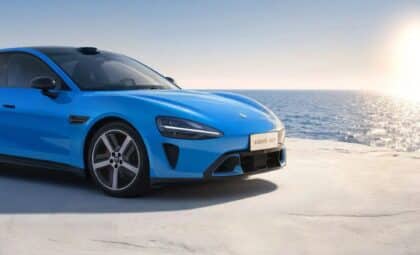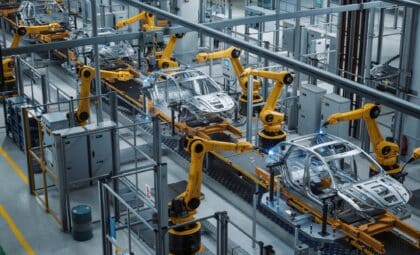The announcement marks a departure from the German brand’s recent commitments to electrification, highlighting broader challenges in convincing traditional consumers to switch to electric. The impact is not limited to Porsche alone: as a key component of Volkswagen’s premium segment, its decisions directly influence the financial outlook and strategic direction of the entire group.
Volkswagen had previously relied heavily on Porsche to drive its high-margin electric ambitions. Now, with several projects shelved or postponed, the German auto giant faces the logistical and financial burden of rerouting a complex, group-wide strategy. The decision could slash expected profitability by billions of euros in the coming years.
Major EV Projects Shelved as Market Hesitates
Porsche’s decision stems from what it describes as “market conditions” that are no longer favorable to a full-speed transition to electric. The Stuttgart-based automaker has opted to extend the life cycles of internal combustion engine (ICE) models such as the Cayenne and Panamera, despite prior plans to phase them out in favor of electric counterparts.
In a particularly unexpected move, Porsche will release its upcoming large SUV—initially planned as an all-electric flagship—as a combustion and plug-in hybrid model first. According to L’Automobile Magazine, the company officially confirmed that this pivot was driven by a mismatch between customer demand and its EV lineup: “The new SUV series above the Cayenne, which was previously intended to be fully electric, will initially be offered exclusively with a combustion engine and plug-in hybrid.”
What this means, practically, is that Porsche is choosing to respond to consumer hesitancy by doubling down on known quantities. Meanwhile, models like the long-awaited 718 electric—months into development—face an uncertain future.
Cellforce and R&D Cuts Weaken the Electrification Push
In tandem with the vehicle lineup changes, Porsche has also pulled back on some of its technological investments. Most notably, the company has halted its collaboration with Cellforce, a specialized division that had been tasked with creating next-generation high-performance batteries for EVs.
The consequences of that decision extend beyond product planning. Battery technology had been positioned as a pillar of Porsche’s electric strategy, and the dissolution of that partnership introduces further ambiguity around the brand’s long-term electrification timeline.
Oliver Blume, who serves as CEO of both Porsche AG and Volkswagen Group, addressed the shift directly: “We have taken key strategic decisions. It is now time to implement them. The road will be long and difficult, and it will require our full attention and effort.”
Blume’s remarks underline the seriousness of the move, which appears to have been spurred by economic realities rather than technological obstacles alone.
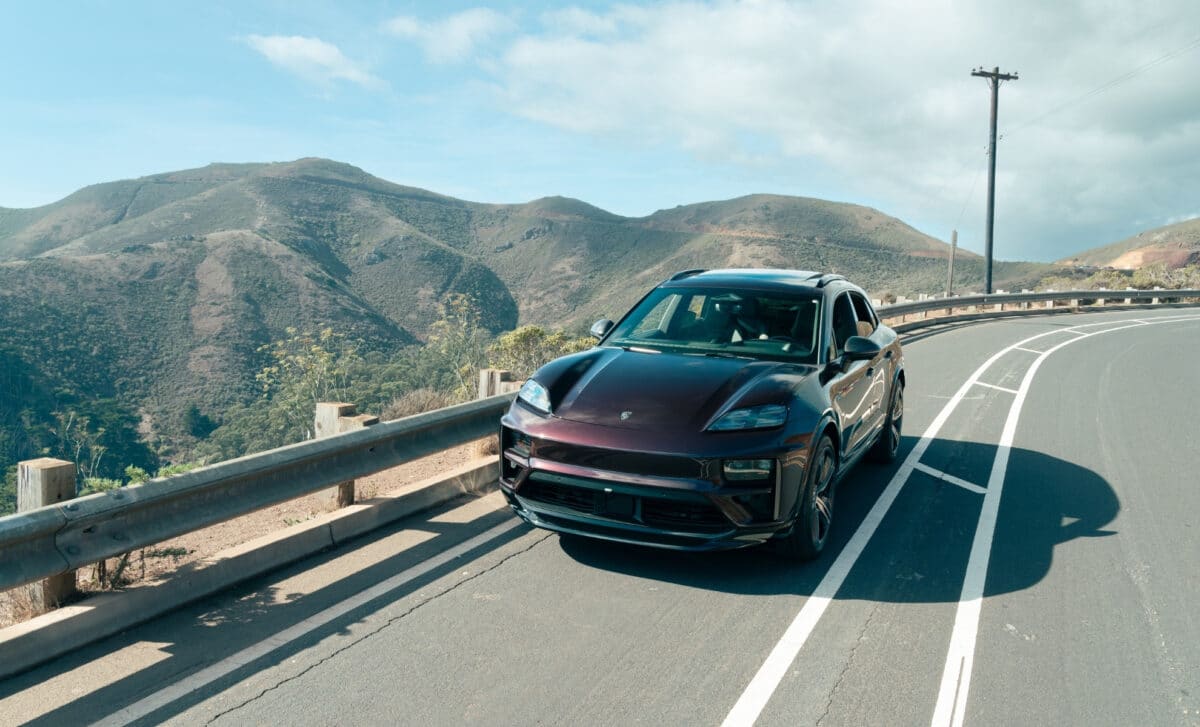
Volkswagen Faces Ripple Effects and Reduced Margins
The financial fallout from Porsche’s change of course could be significant across the Volkswagen Group. With delays in EV projects and additional investments required to sustain and relaunch ICE production, the group is bracing for lower returns in the near term.
The same source notes that Porsche’s operating margin forecast has dropped sharply—from 5 to 7 percent initially expected for 2025 down to roughly 2 percent. That figure would place it behind Skoda in profitability, a sharp contrast to the brand’s usual premium status. In comparison, a 2 percent margin is roughly one-third of what Renault Group achieves.
Longer-term projections remain hopeful, but for now, the decision signals a transitional period with less room for profit and more pressure on group leadership. Within Volkswagen’s own board, questions are reportedly being raised about Oliver Blume’s dual role and whether the divided focus between Wolfsburg and Stuttgart is sustainable.

